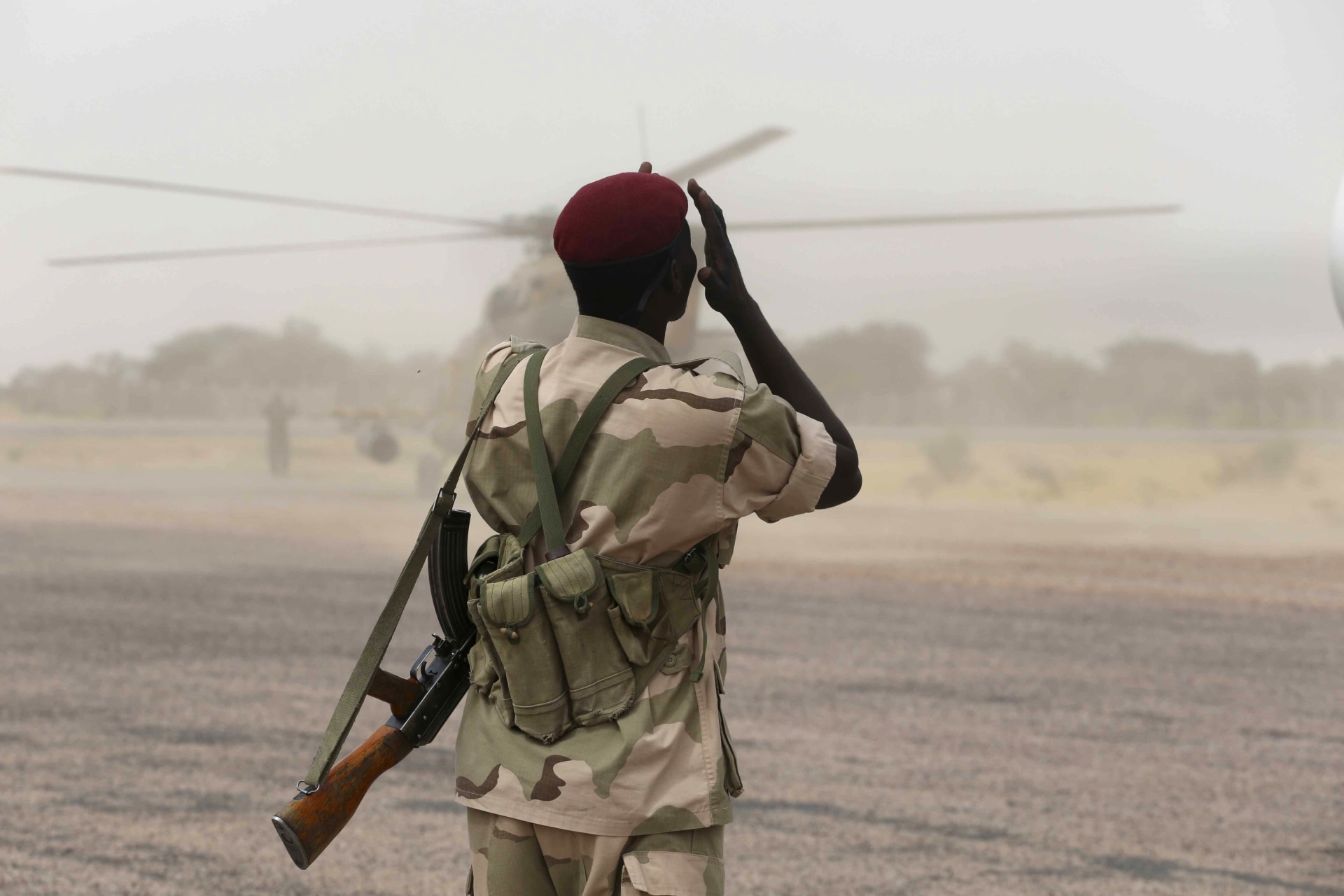After Lake Chad Offensive, April One of Deadliest Months in Boko Haram Conflict

By experts and staff
- Published
By
- Guest Blogger for John Campbell
Asch Harwood is a research associate with the Council on Foreign Relations and the creator of the Nigeria Security Tracker. Previously at UNICEF and Reboot, he is the founder of Red Hook Media Lab.
April is now one of the deadliest months in the Boko Haram conflict, according to data from the Nigeria Security Tracker (NST), which now features geographic data from Cameroon, Chad, and Niger.
The NST has documented 1,491 deaths linked to the Boko Haram conflict in April. Casualties have only been higher in two previous months—March 2014 and February 2015—since the NST began in May 2011. These previously higher death tolls were reported during the height of the Boko Haram conflict.
So what accounts for such a dramatic spike in violence? The escalation culminating on April 8 is the result of a roughly two-week assault by Chadian forces on alleged Boko Haram operating around Lake Chad.
Chad’s military claimed it killed one thousand “jihadists,” and lost fifty-two soldiers. It launched the assault, called Operation Bohoma Anger, in response to an attack on Chadian troops by Boko Haram near Lake Chad that left nearly one hundred dead over March 23 and 24. Chad’s military reportedly attacked positions all around Lake Chad, including in Nigeria and Niger. Borders in the region are largely nonexistent.
Despite these claims of “victory,” there remain unanswered questions. Jacob Zenn, a frequent contributor here, has pointed out that the effort was probably more of a public relations campaign than a military victory. He points to the presence of Chadian President Idriss Deby and his son in the region during the offensive. He also argues that the Chadian military is likely exaggerating how many alleged Boko Haram were killed while downplaying the number of military casualties. Zenn also notes that the operation largely targeted the ISWA sect of Boko Haram, even though it was its rival, Jama’tu Ahlis Sunna Lidda’awati wal-Jihad (JAS), that attacked the Chadian military over March 23 and 24.
Then there are questions regarding human rights violations. For example, there have been credible allegations that suspected Boko Haram captured during Bohoma Anger were poisoned after being denied food and water while in prison.
The International Crisis Group points out in a recent report on the conflict, “Jihadist groups pose a very serious danger to civilians and soldiers in the four countries bordering Lake Chad.” Daniel Eizenga, writing for the Africa Center for Strategic Studies, goes a step further, arguing, “Boko Haram’s ability to accomplish such a devastating attack, along with the preceding increase in militant Islamist group activity in Chad’s Lac Province, however, raises the prospect that Boko Haram and ISWA have gained momentum and now pose a greater threat to Chad and stability in the wider region.” Still, for the moment, the spike in violence does not necessarily reflect a return to 2014–2015.